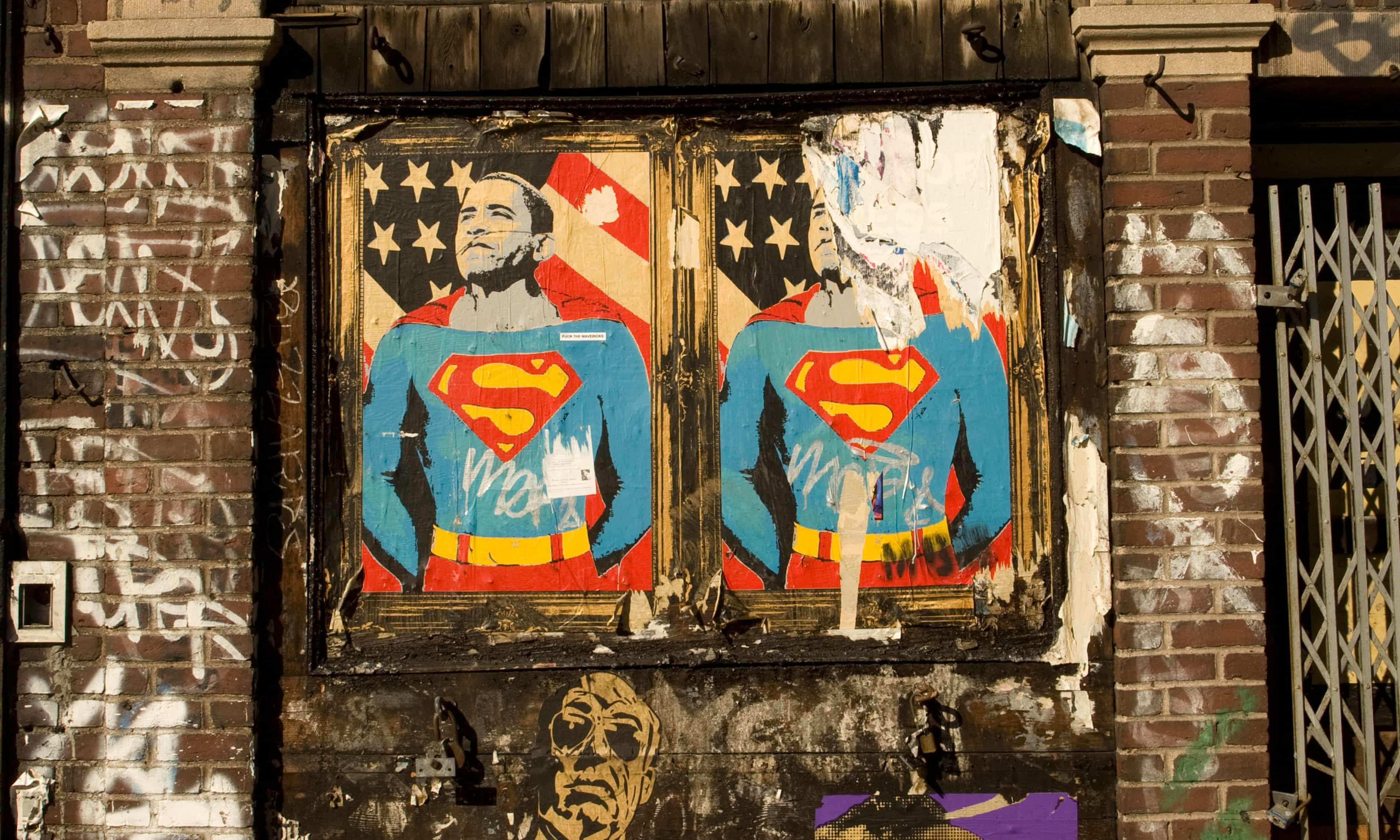We should have seen Trump comingPosted in Articles, Barack Obama, Media Archive, Politics/Public Policy, United States on 2017-10-08 04:18Z by Steven |
We should have seen Trump coming
The Guardian
2017-09-29
Obama’s rise felt like a new chapter in American history. But the original sin of white supremacy was not so easily erased.
I have often wondered how I missed the coming tragedy. It is not so much that I should have predicted that Americans would elect Donald Trump. It’s just that I shouldn’t have put it past us. It was tough to keep track of the currents of politics and pageantry swirling at once. All my life I had seen myself, and my people, backed into a corner. Had I been wrong? Watching the crowds at county fairs cheer for Michelle Obama in 2008, or flipping through the enchanting photo spreads of the glamorous incoming administration, it was easy to believe that I had been.
And it was more than symbolic. Barack Obama’s victory meant not just a black president but also that Democrats, the party supported by most black people, enjoyed majorities in Congress. Prominent intellectuals were predicting that modern conservatism – a movement steeped in white resentment – was at its end and that a demographic wave of Asians, Latinos and blacks would sink the Republican party.
Back in the summer of 2008, as Obama closed out the primary and closed in on history, vendors in Harlem hawked T-shirts emblazoned with his face and posters placing him in the black Valhalla where Martin, Malcolm and Harriet were throned. It is hard to remember the excitement of that time, because I now know that the sense we had that summer, the sense that we were approaching an end-of-history moment, proved to be wrong.
It is not so much that I logically reasoned out that Obama’s election would author a post-racist age. But it now seemed possible that white supremacy, the scourge of American history, might well be banished in my lifetime. In those days I imagined racism as a tumour that could be isolated and removed from the body of America, not as a pervasive system both native and essential to that body. From that perspective, it seemed possible that the success of one man really could alter history, or even end it…
Read the entire article here.







